What to Expect During an Electrical Safety Inspection
Ensuring the safety and reliability of your home or business’s electrical system is essential for protecting your family or staff and safeguarding your property. A qualified commercial electrician can perform regular electrical safety inspections to identify potential hazards, boost energy efficiency, and ensure compliance with current electrical codes. These inspections are a proactive way to maintain a safe environment, with clear steps and assessments designed to address risks before they become costly problems.
Checking the Electrical Panel
One of the first things an inspector will do during an electrical safety inspection is to check the electrical panel, which serves as the heart of your electrical system. They will evaluate the panel for signs of wear and tear, outdated or damaged components, and any improper settings or configurations. A thorough inspection of the electrical panel can reveal issues that may lead to circuit overloads or power outages, providing peace of mind and potentially preventing future electrical failures.
Assessing Wiring and Cabling
The condition of wiring and cabling in your home or business is a crucial focus during an electrical safety inspection. A commercial electrician will carefully examine these components for signs of fraying, exposure, or other damage that could increase the risk of fire. With over 762,600 electricians employed in the U.S. as of 2022, according to the U.S. Bureau of Labor Statistics, these professionals possess the expertise needed to identify and address a wide range of wiring issues. Timely repairs of any problems found help ensure your electrical system remains both safe and fully functional.
Testing Outlets and Switches
Outlets and switches are the points of interaction for most users of an electrical system, making their proper functioning a top priority for inspection. An inspector will test these components to ensure they are working correctly and check for overheating, which may indicate underlying electrical issues. Non-functional or overheating outlets and switches can pose significant safety hazards, making their inspection and maintenance during a safety check essential for preventing electrical fires and ensuring user safety.
Inspecting Lighting Systems
Lighting systems, especially in commercial spaces, require careful evaluation during an electrical safety inspection to ensure they are functioning efficiently and safely. An inspector will look for signs of flickering, excessive heat, or outdated fixtures that could waste energy or pose fire hazards. In many cases, a commercial electrician can recommend modern, energy-efficient lighting upgrades that reduce utility costs and improve workplace safety. By addressing lighting system issues promptly, you can extend the lifespan of your fixtures while ensuring a safer, more productive environment.
Evaluating Backup Power Systems
Backup power systems, such as generators or battery backups, are critical for facilities that cannot afford downtime due to electrical failures. During an inspection, the system will be checked for operational readiness, proper fuel or battery levels, and safe installation practices. A commercial electrician can provide expert guidance on maintaining or upgrading these systems to ensure they perform effectively during an outage. Keeping your backup power systems in peak condition safeguards your operations and minimizes the risk of costly interruptions.
Evaluating Grounding and Bonding
Grounding and bonding are essential elements of any safe electrical system, as they help prevent electrical shock and maintain system stability. During an inspection, a commercial electrician will assess these components to ensure they are properly installed and functioning correctly. Faulty grounding or bonding can result in hazardous voltage levels and increase the risk of electrical shock, highlighting the importance of this evaluation.
Reviewing Code Compliance
A comprehensive electrical safety inspection not only looks at the physical components but also focuses on checking compliance with local and national electrical codes. Inspectors will review whether your electrical system adheres to the latest safety standards and regulations, identifying any non-compliance issues. This process ensures that any outdated practices or installations are brought up to current safety standards, which can prevent potential hazards.
Electrical safety inspections play a vital role in ensuring the safety and efficiency of electrical systems in both residential and commercial settings. By working with a skilled commercial electrician and understanding the key steps and areas assessed during these inspections, property owners can take a proactive approach to preventing hazards. Regular inspections not only help avoid costly damage but also improve energy efficiency and keep your environment compliant with current safety standards. To ensure that your electrical systems are up to standard, get in touch with Mountain Valley Electric today.
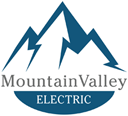

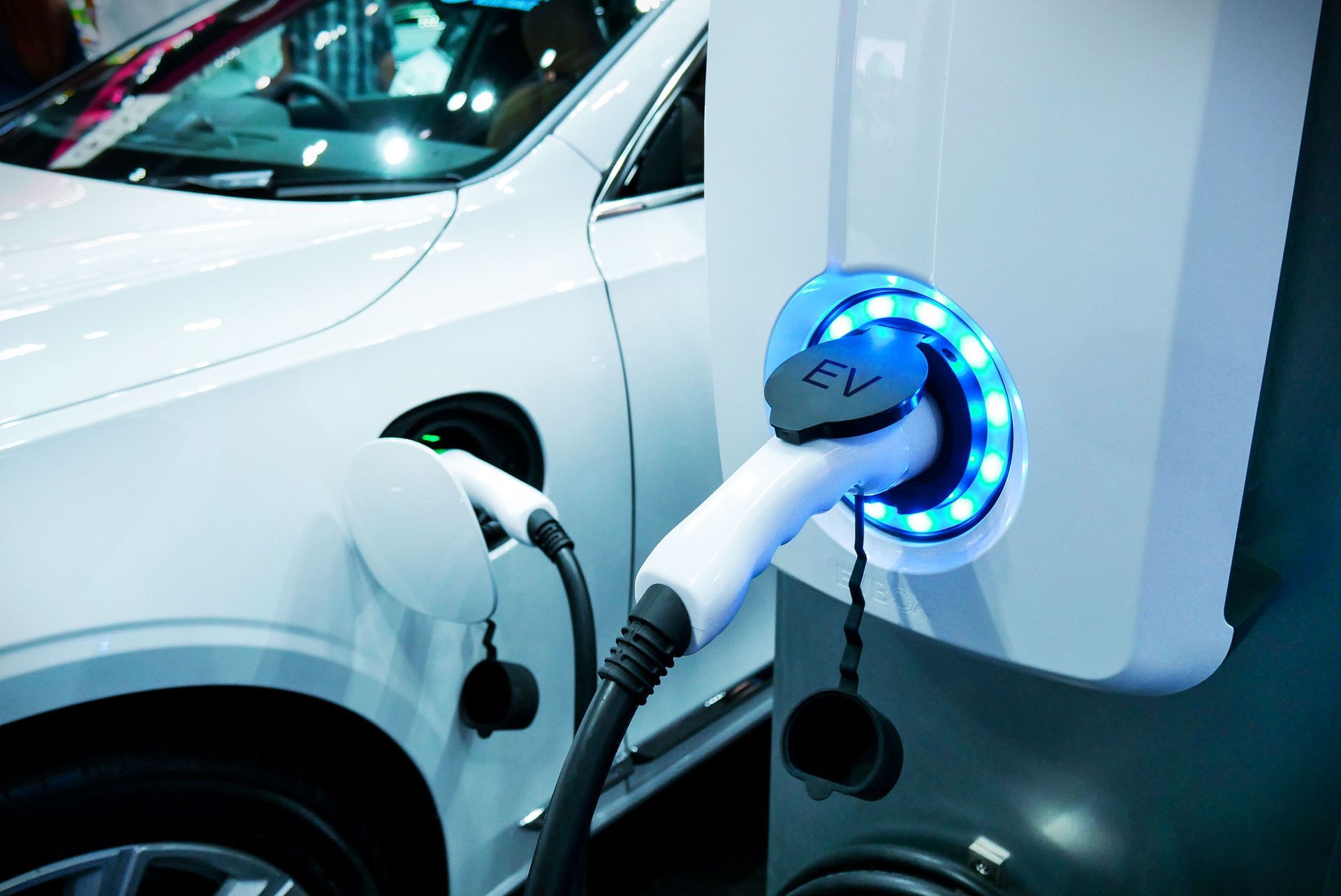
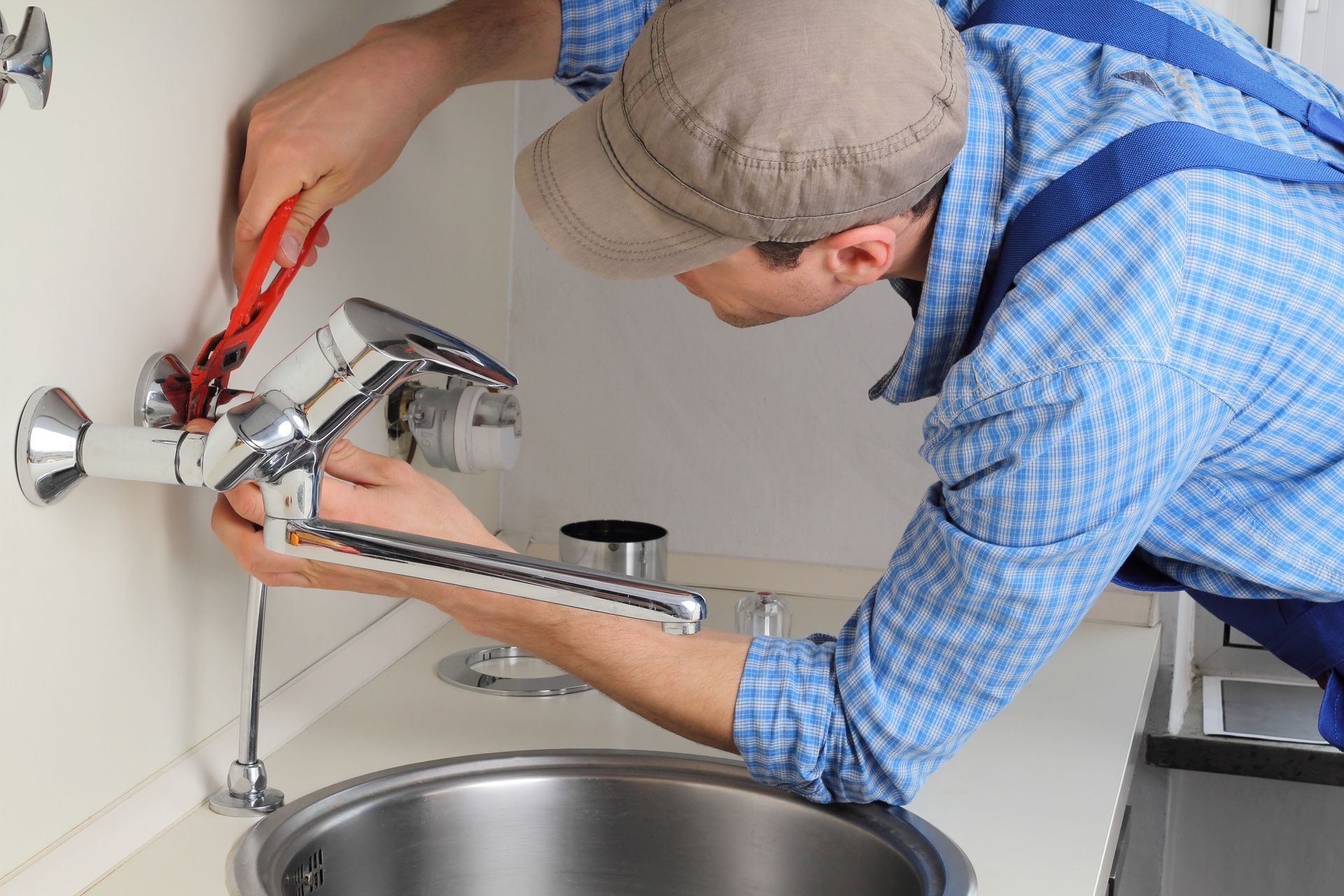

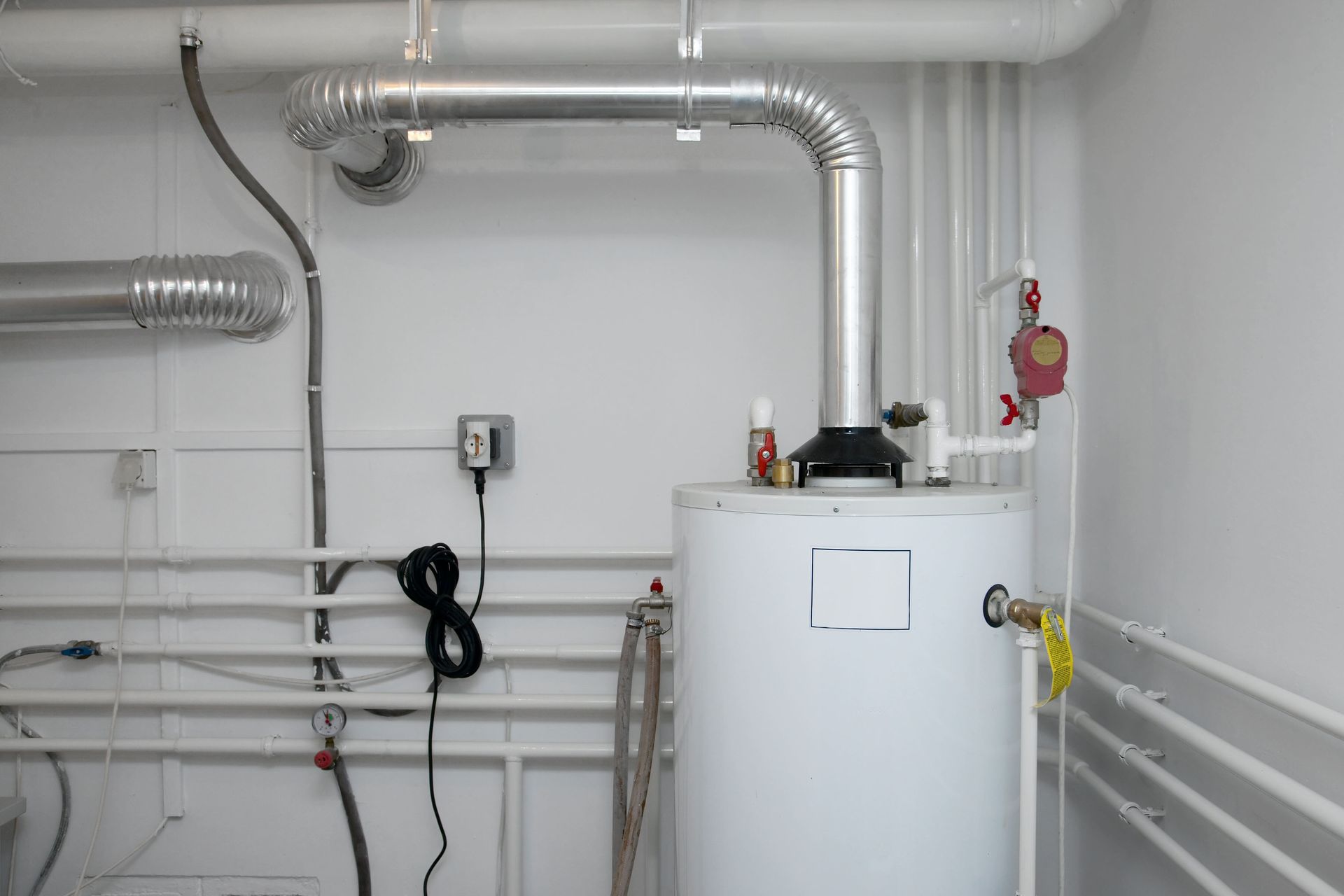
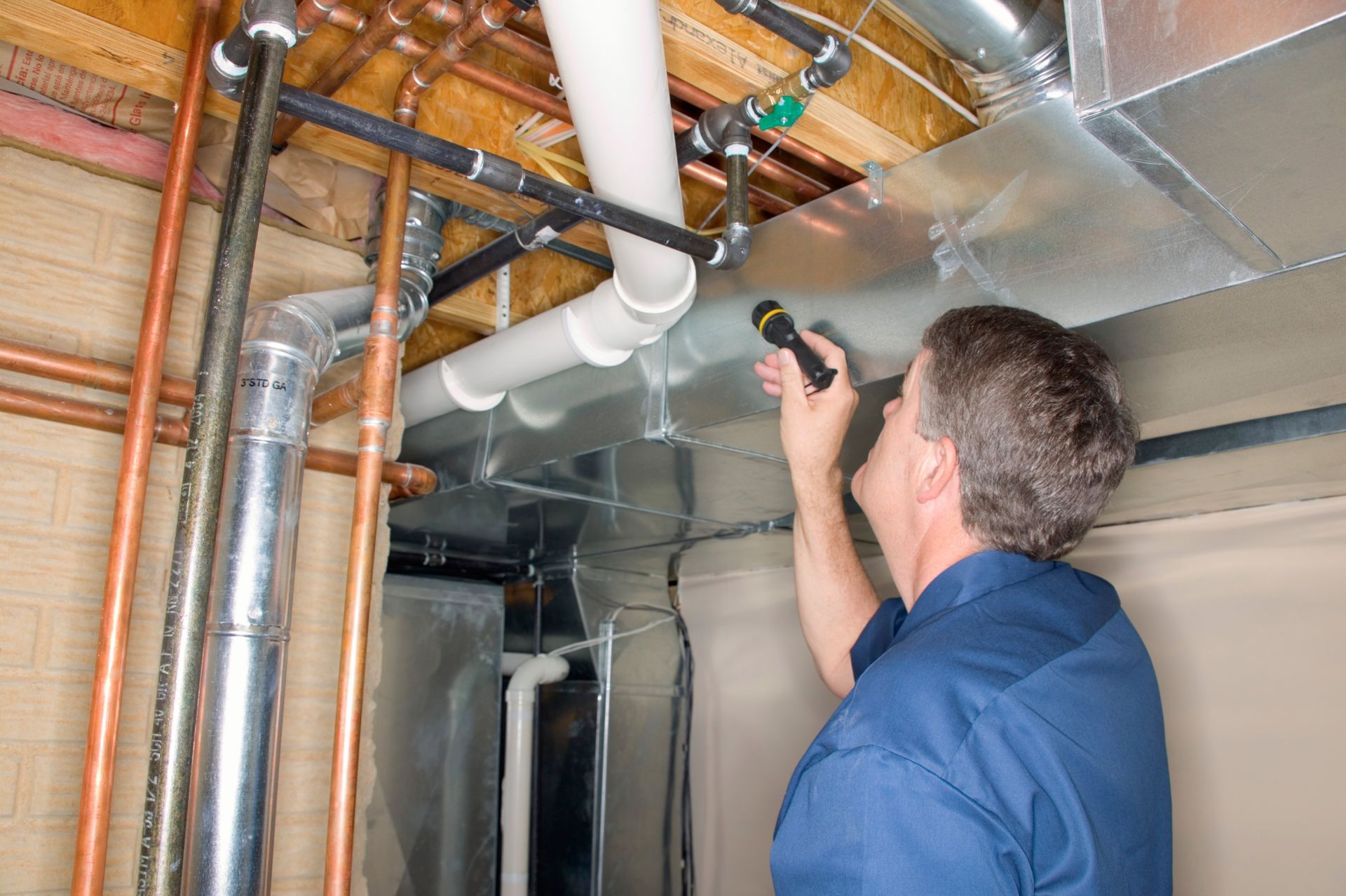
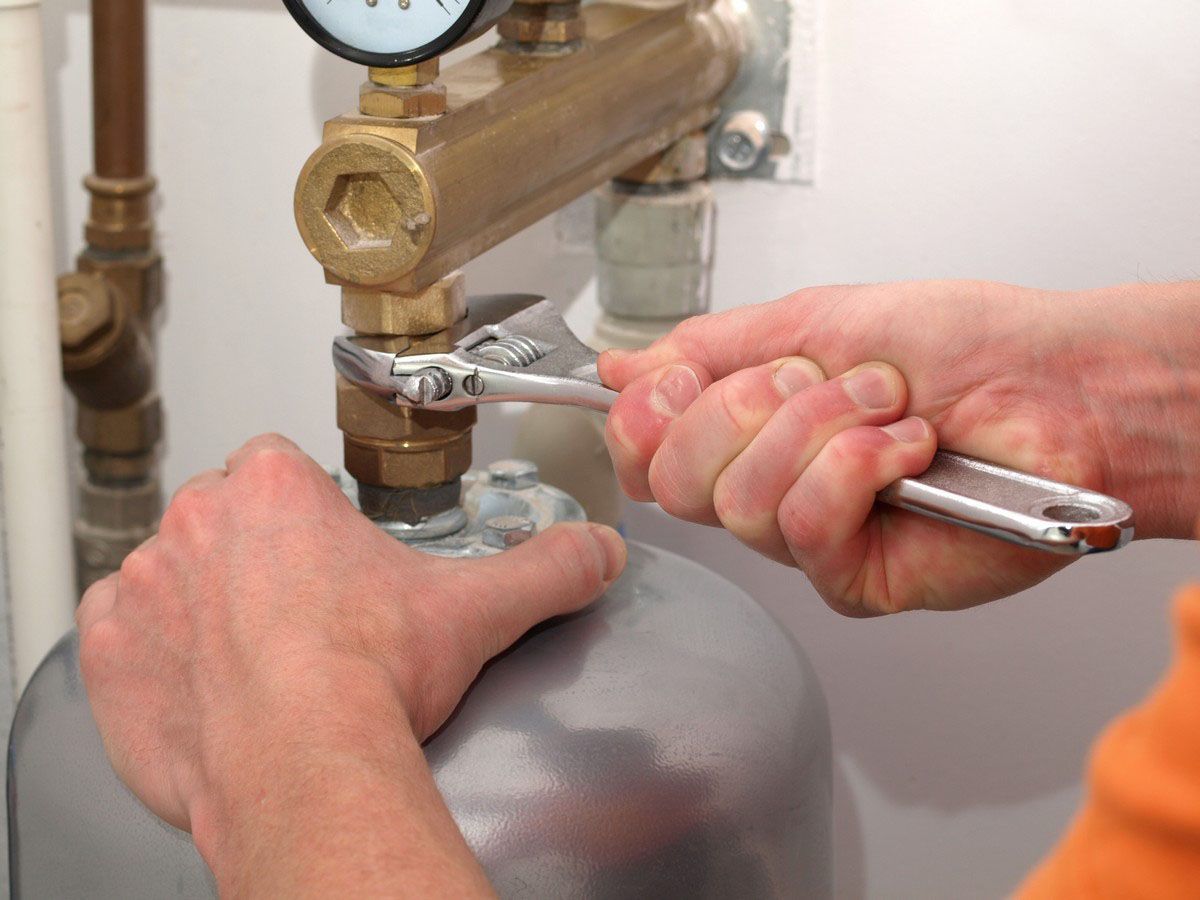

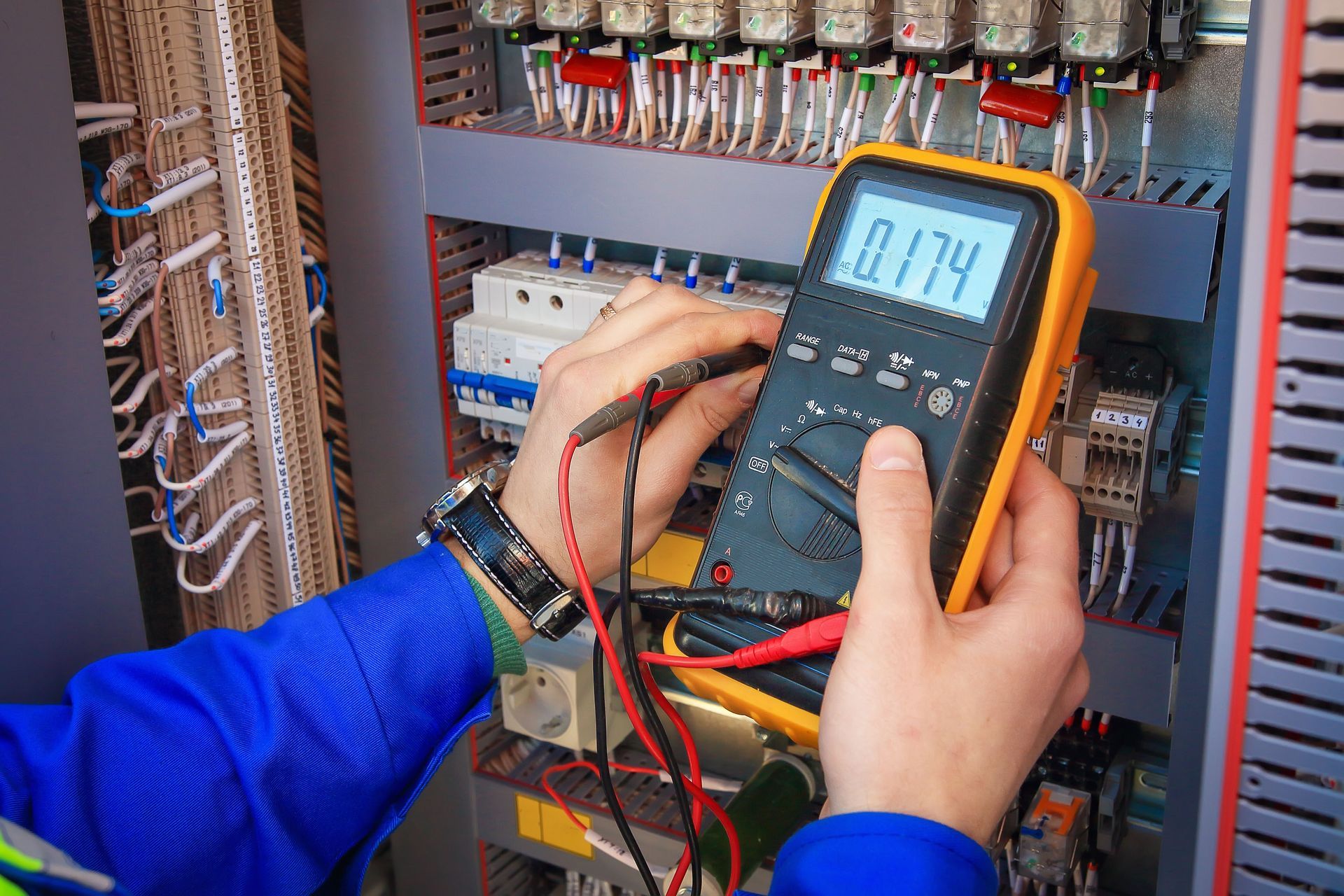
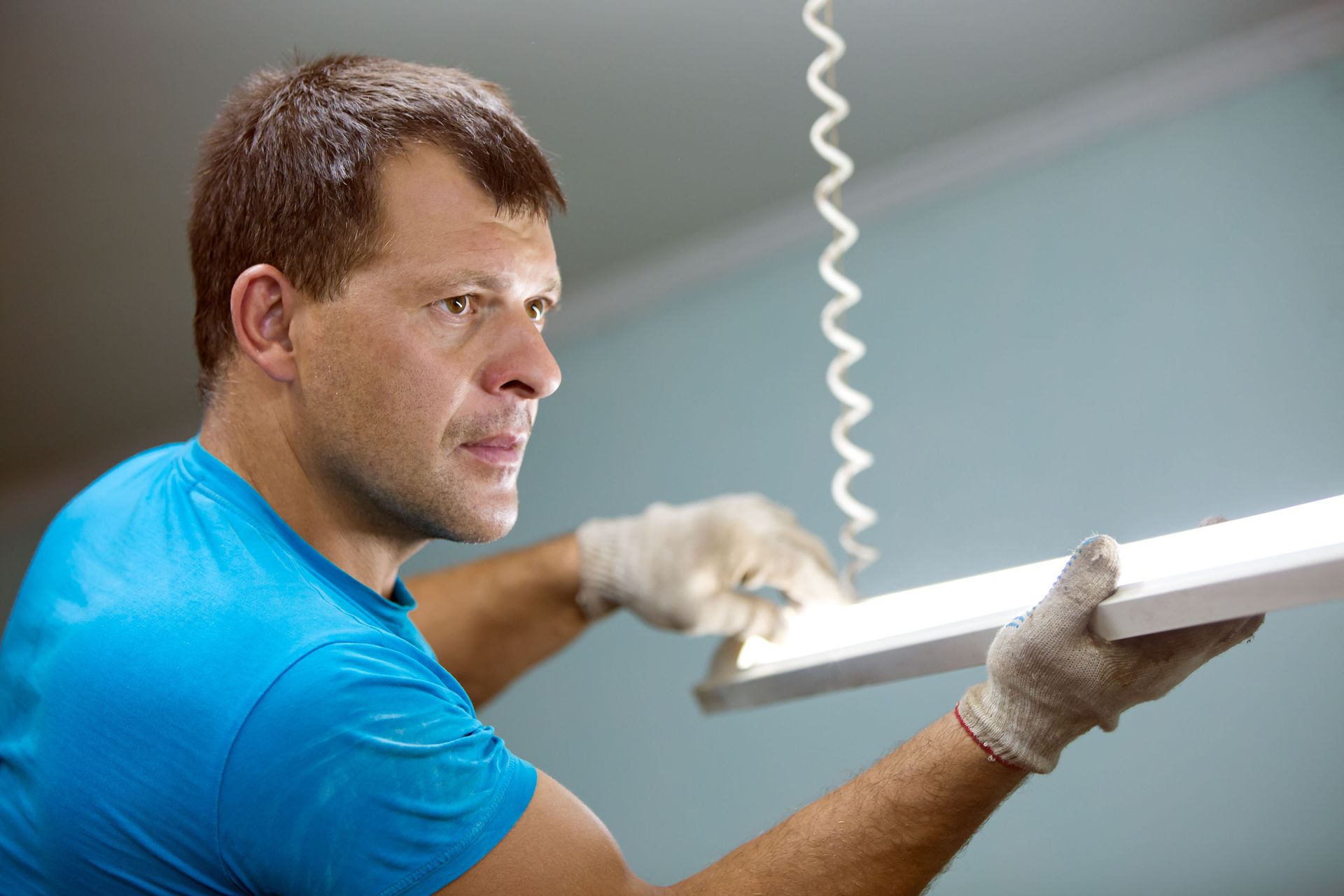
Share On: